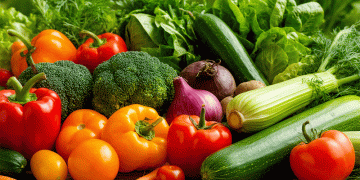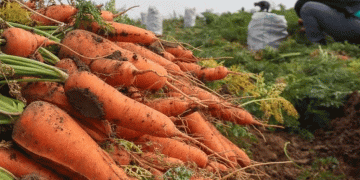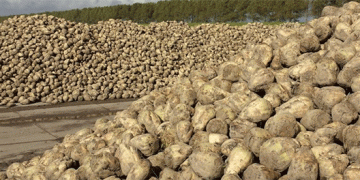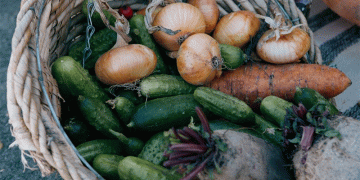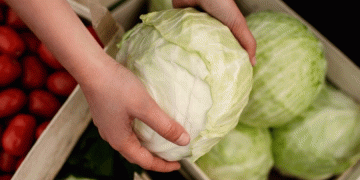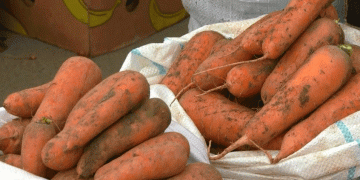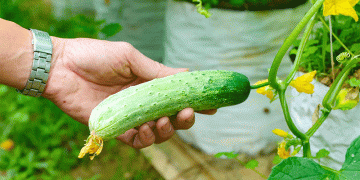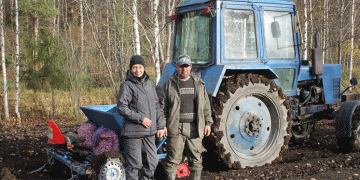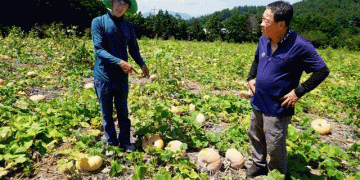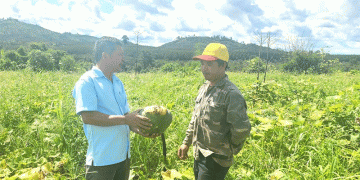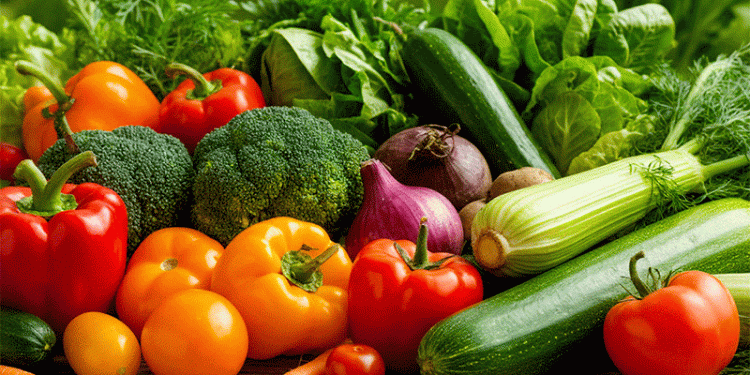The challenge of producing organic vegetables profitably, at scale, and without back-breaking labor is a central dilemma in modern agriculture. NeoFarm, a French agtech company founded in 2018, is tackling this head-on with a model that integrates robotics, software, and agroecological principles. Following a successful €30 million (approx. $34.9 million USD) fundraising round, the company is poised for significant expansion, signaling a major step forward for automated, sustainable food production. This investment reflects growing confidence in technological solutions to agriculture’s twin challenges of productivity and sustainability.
NeoFarm’s approach is built on a proprietary system protected by three patents, encompassing both robotic hardware and farm management software. This technology is designed specifically to reduce the drudgery of fieldwork, a key barrier to attracting and retaining talent in agriculture. The model has already been proven on three initial sites, which collectively produce 120 tons of certified organic vegetables annually across more than twenty varieties, all without chemical inputs and with near-total water self-sufficiency.
The new capital will fuel a ambitious scaling plan. The centerpiece is a new 25-hectare site in Lisses (Essonne), scheduled to open in the second half of 2025. This facility is not just a larger farm; it’s an integrated ecosystem for sustainable production. It will include:
- 10 hectares of greenhouses, divided into four blocks, each equipped with two robots.
- An annual production capacity of 1,300 tons of vegetables—enough to feed an estimated 17,000 schoolchildren each year.
- 7 hectares dedicated to biodiversity, featuring 3 km of hedges, 13 km of permanent flower strips, and 10 living ponds and wetlands.
- Rainwater recovery infrastructure designed to ensure complete water self-sufficiency, even during extreme drought.
This expansion aligns with a powerful trend in controlled environment agriculture (CEA). According to recent analysis from MarketsandMarkets, the smart greenhouse market is projected to grow from $1.6 billion in 2021 to $2.6 billion by 2026, driven by the demand for higher yields and efficient resource use. NeoFarm’s model sits at the intersection of this trend and the booming organic market, which in Europe continues to see steady growth, with France being one of its largest consumers.
Furthermore, the focus on biodiversity and soil regeneration moves beyond simple organic certification. It incorporates principles of regenerative agriculture, which a 2023 report by the Sustainable Markets Initiative identified as a critical pathway for building resilience against climate hazards and ensuring long-term food security. By designing resilience into its infrastructure, NeoFarm aims to guarantee consistent production despite increasing climatic volatility.
NeoFarm represents more than just another vertical farm; it is a holistic model for the future of mid-scale, peri-urban vegetable production. It successfully demonstrates that through intelligent automation, it is possible to reconcile competing goals: organic integrity, economic profitability, and improved working conditions. The substantial investment and ambitious rollout of over 25 farms by 2030 indicate a strong market belief that this is a viable solution. For farmers and agronomists, NeoFarm’s journey offers a compelling glimpse into a future where technology handles repetitive tasks, allowing human expertise to focus on optimization and ecology, ultimately creating a more resilient and attractive agricultural sector.
